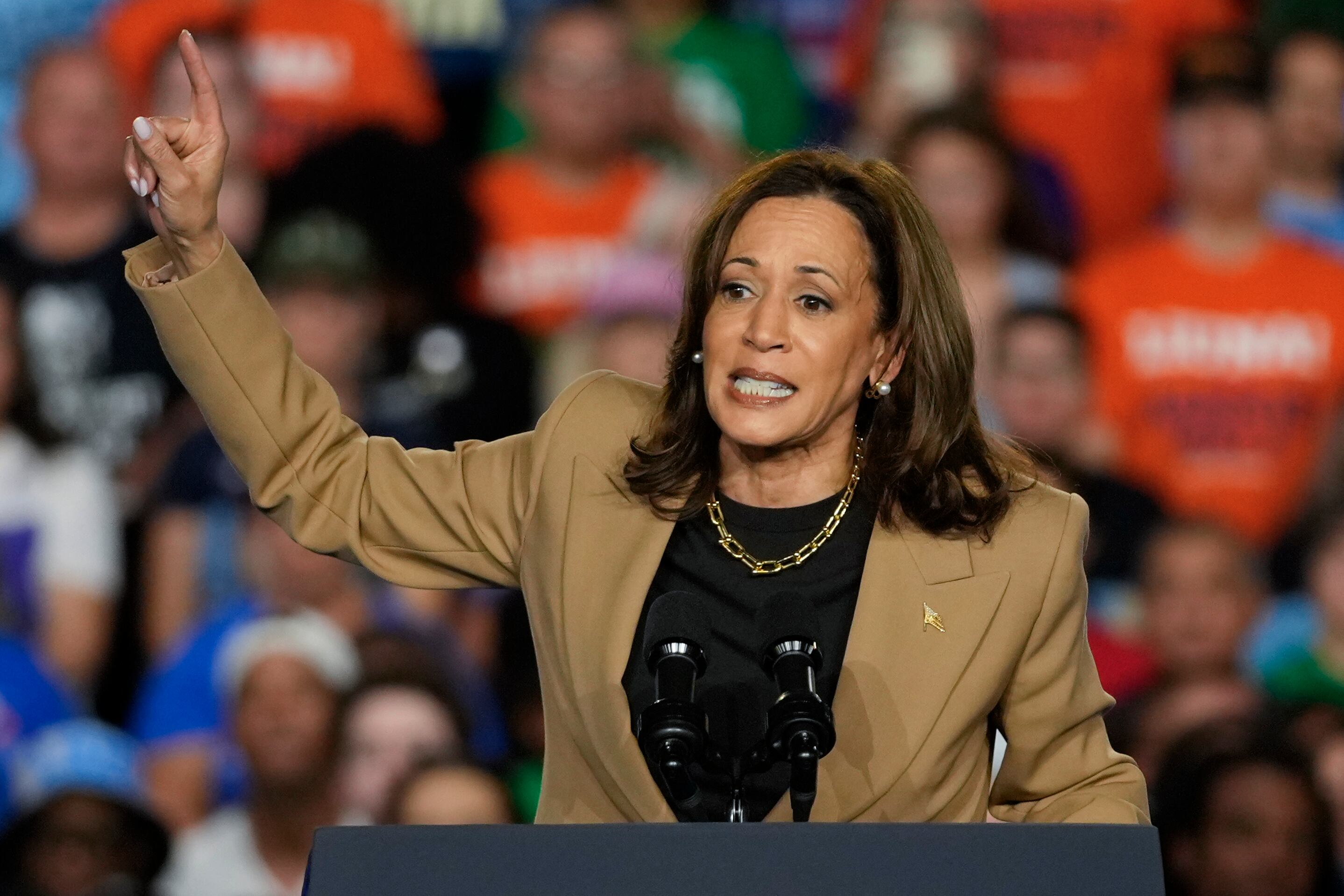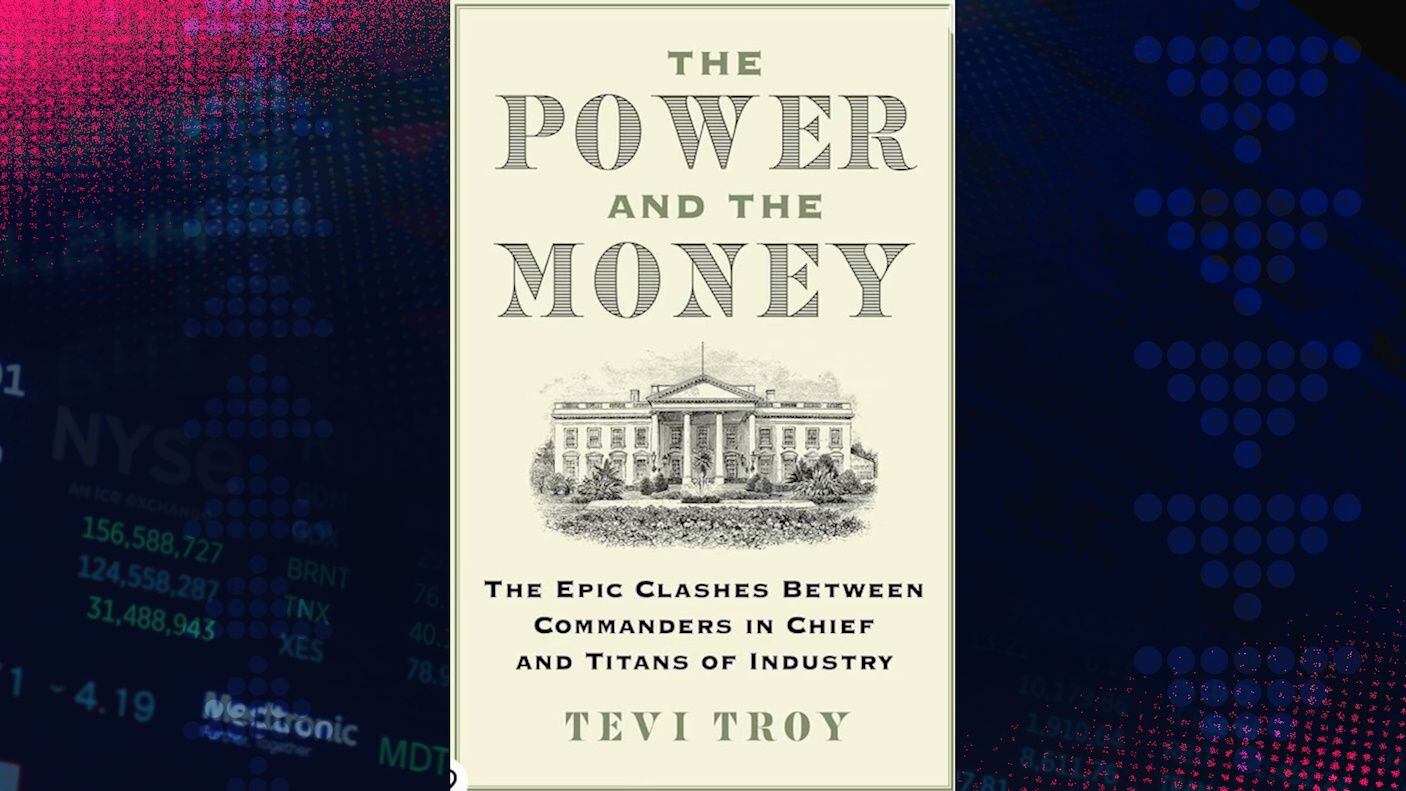Senators voted against calling more witnesses today, after Senator Mitch McConnell called a quorum call, during which McConnell and his Democratic counterpart Chuck Schumer were seen huddling on the floor of the senate, likely discussing how to proceed. The Senate currently stands in recess, with the remaining schedule up in the air, while GOP and Democratic senators sit in meetings to hopefully come to a conclusion regarding a time frame for the rest of the trial.
After both sides made pleas for and against witnesses, the Senate heads conferred with one another and then with their respective parties. Sen. Schumer left the chamber for a few minutes before the vote on witnesses, and senators voted around 5:40 p.m. on Friday against adding new witnesses after an unusually long “quorum call,” which is a way for senators to pause proceedings
Senators voted with Sen. Lamar Alexander and Sen. Lisa Murkowski against the call for witnesses, their key swing votes falling in favor of their fellow Republicans. The final tally on the question: 49 for adding witnesses and 51 against. After each senator rose to put forward a vote of “yes” or “no,” Chief Justice John Roberts asked if any senators wanted to change votes before declaring the motion to hear new witnesses and new documents had “not been agreed to.”
Senators Murkowski and Collins, sharing a first moment of relief after the vote concluded, shared a comment and a laugh. Both conferred with Majority Whip John Thune before exiting the chamber.
Throughout their two hours, emphasizing that evidence continues to come out that they say support their arguments, House Managers presented a new report from the New York Times that the President's role in withholding aid to Ukraine came earlier than previously thought and that the president's counsel, Pat Cipollone, who has spoken at length for the defense, was present when the president gave the instruction in early May 2019.
Managers walked through why they sought each particular witness and documents — to little avail. Rep. Jason Crow used his time to argue against an oft-used defense argument this week that the House has tried to read the president's mind. "Juries are routinely asked to determine state of mind," Crow said. "It is disingenuous to say you have to be a mindreader."
"Even over the course of this trial, we have seen so many additional facts come to light," lead House Manager Adam Schiff said before warning: "The facts will come out."
Rep. Schiff finished the House Managers' time by appealing to senators that if they do not vote for witnesses and documents the body risks "long-lasting and harmful consequences." He said the vote this evening will set a precedent that witnesses and evidence need not be necessary in impeachments, and Americans will see the president as being above the law.
"Witnesses will tell their stories," Schiff said. "The documents the president is hiding will come out. The witnesses the president is concealing will tell their stories. And we will be asked: why we didn't want to hear that information when we had the chance?" Schiff asked.
"What answer shall we give, if we do not pursue the truth now?"
Though some in the Senate hallways are saying there is a potential deal to lay out a plan to end the impeachment trial that would leave the final vote to next Wednesday (after both the State of the Union and the Iowa Caucus) Senate Minority Leader Chuck Schumer told reporters during a break Friday afternoon "there is no agreement" with Senate Majority Leader Mitch McConnell.
"Every senator has an obligation as well as a right to let the people of their states and the American people know why they're voting on this resolution on witnesses and documents, and whether the president should be convicted. We will fight very hard for that," Schumer said, before taking no questions.
Though the vote on witnesses was largely set to fail after Senators Murkowski and Alexander said they will vote no, some Republicans have said the Democratic House Managers did indeed prove the president is guilty of what he is charged with.
Senators Alexander and Rob Portman both said the president's actions were wrong but did not rise to the level of impeachment. Portman said his actions were "wrong and inappropriate" and Alexander called it "inappropriate."
Schumer said he plans to use the power he has as the minority leader to extend the trial, and it will be up to him how many amendments the Democrats plan to put on the table if McConnell puts a resolution on the floor.
Republicans said during the break they expect McConnell to offer another procedural resolution, like the one he proposed last week that dictated the rules for the initial phases of the trial, which may allow for a recess before next week.













